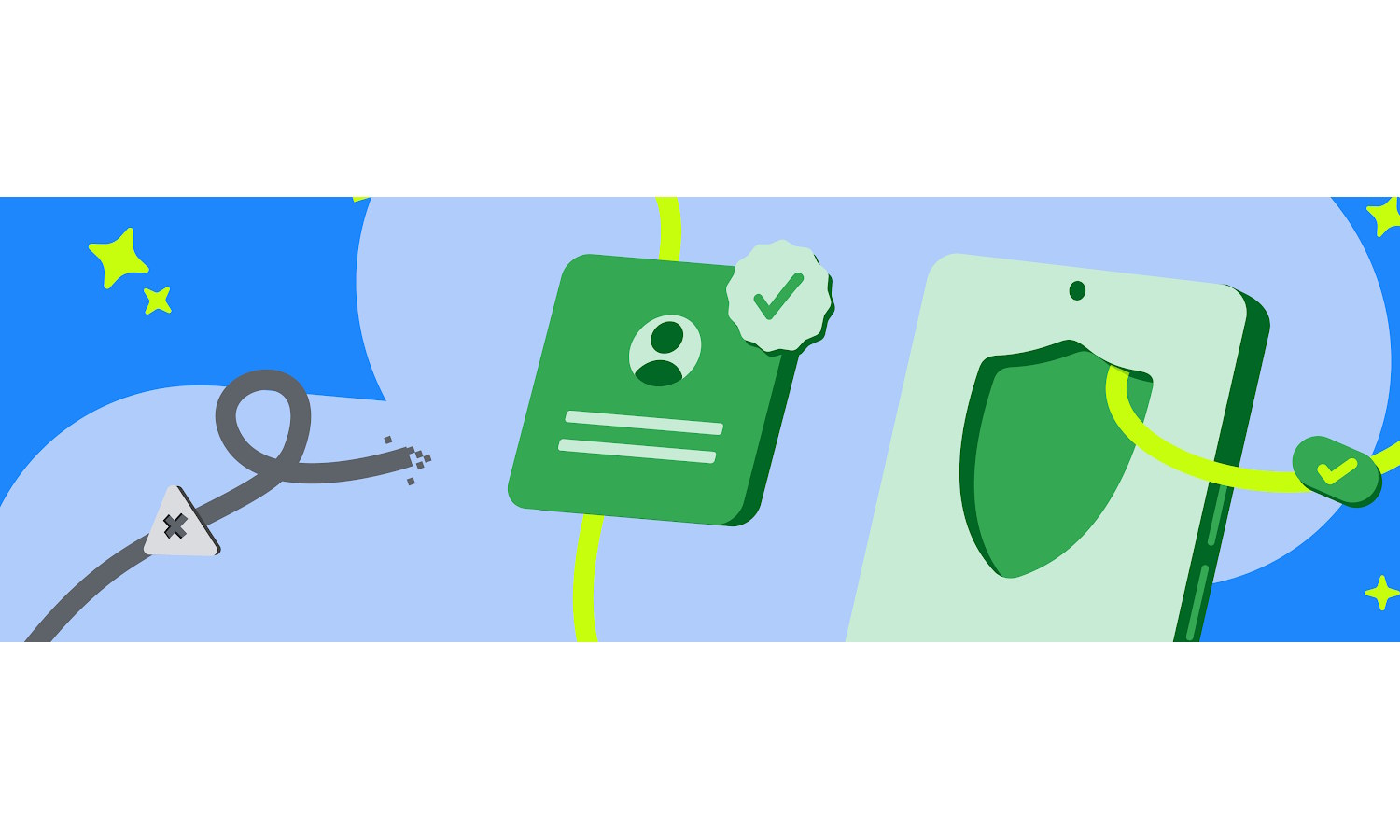
Google to use Android developer verification to allow safe app sideloading
Like Apple, Google has gradually made it more difficult to install apps from outside its own store. But the company is aware that neither users nor developers necessarily want to be tied to just the Play Store – this is why it has come up with the Android developer verification program.
The idea is that Google will check and verify developers so the users know they can be trusted. Now the company has an update based on early feedback it has received.
Google will now warn about battery-hungry Android apps
There are many things to consider when installing apps, particularly if there are several similar titles vying for attention. As well as things like range of features, looks and performance speed, power usage is also important to users – and Google agrees.
The company is looking to help improve the overall experience for Android users by warning about apps which can be a drain on a device’s battery. More than this, Google is working to help developers to create apps which are more power-efficient.
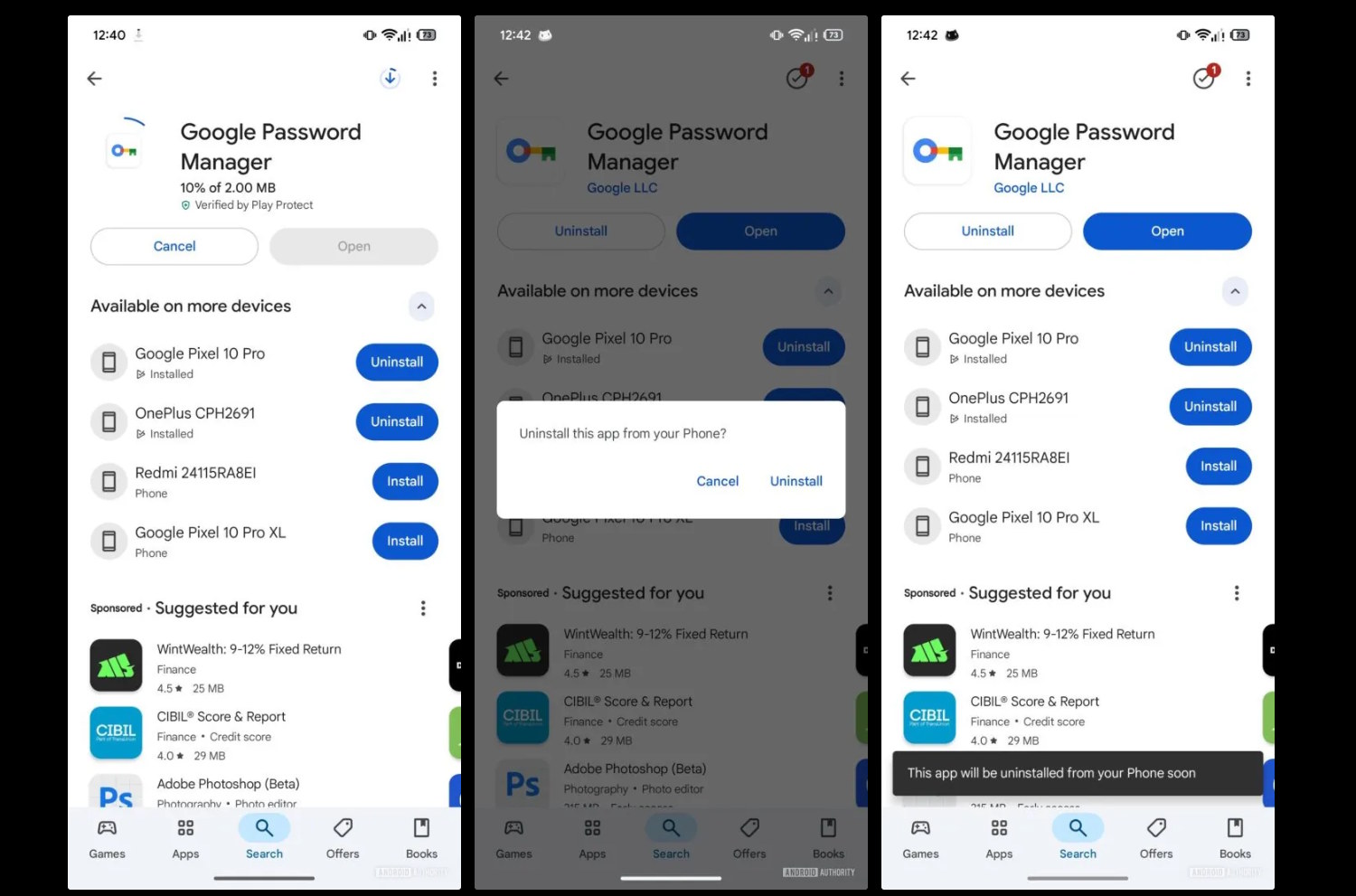
Google is making it easier to manage Android apps across devices
If you have more than one Android device, you have probably used the Google Play Store to install apps on a device other than the one in your hand. The ability to ‘remotely’ install apps in this way is a great time saver, and Google is expanding the management features available to users.
If you can install an app on not only the device in front of you but also another linked to your account, why not uninstall it in the same way? Technically, you can, but Google has made it so awkward that it puts most people off – until now.
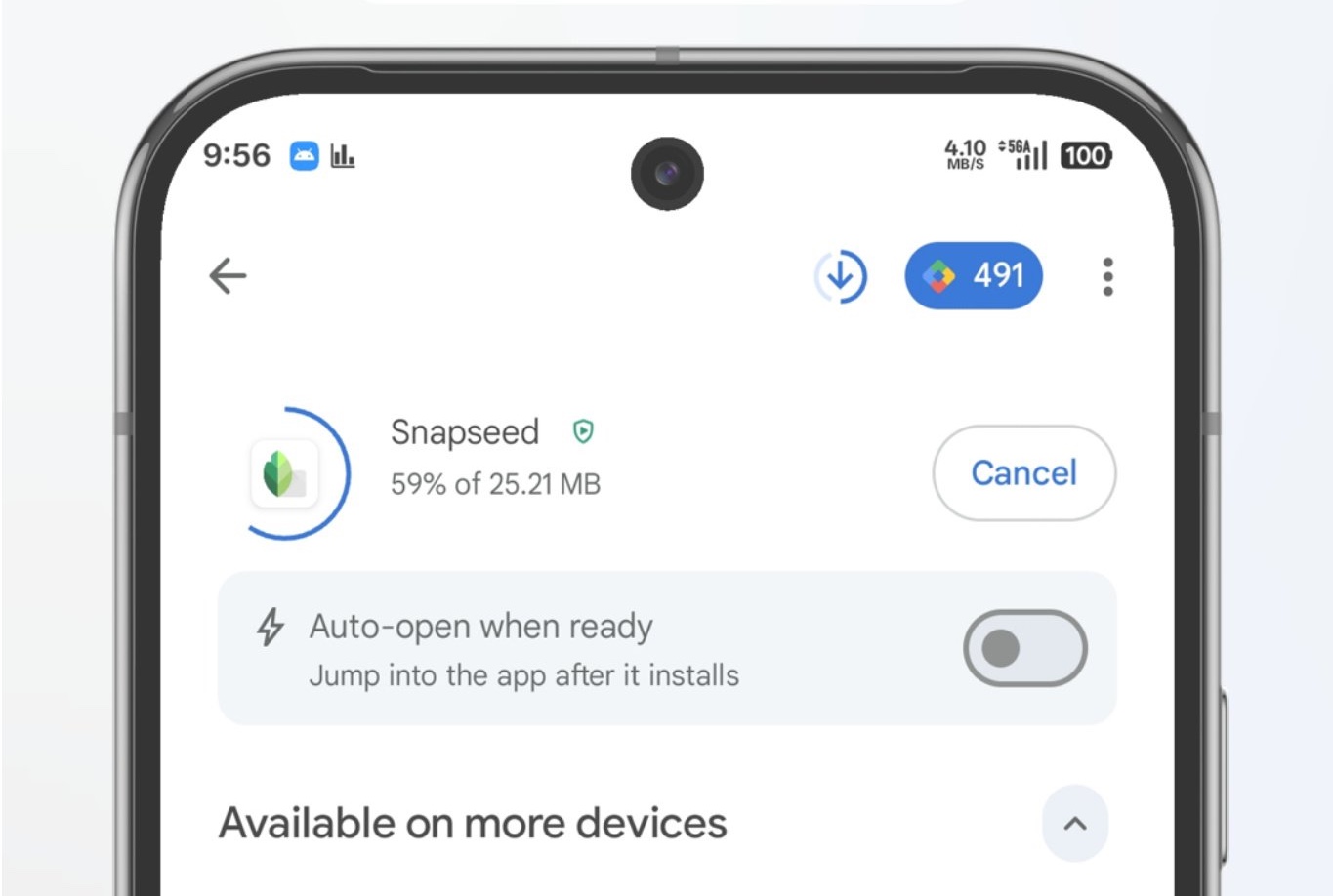
Your Android phone will soon be able to auto-open apps when installation completes
When you install an app, the chances are that you’re going to want to fire up straight away. To help with this, Google is in the process of rolling out a handy auto-open feature to Android users.
If this sounds familiar, that is because it is something Google was spotted working on back in the second half of last year. You would have been forgiven for thinking that the company had forgotten about it, but the auto-open toggle is back.

Google to block sideloading of apps from unverified developers
Downloading apps from an official app store helps to avoid dodgy software. The obstacles that can stand in the way of developers getting their apps into the likes of the Google Play Store, however, means that sideloading remains incredibly popular.
Sideloaded apps – those downloaded from unofficial sources – can be safe, but it is something of a minefield. And this is why Google has announced plans to block the sideloading of apps from developers that it has not been able to verify.
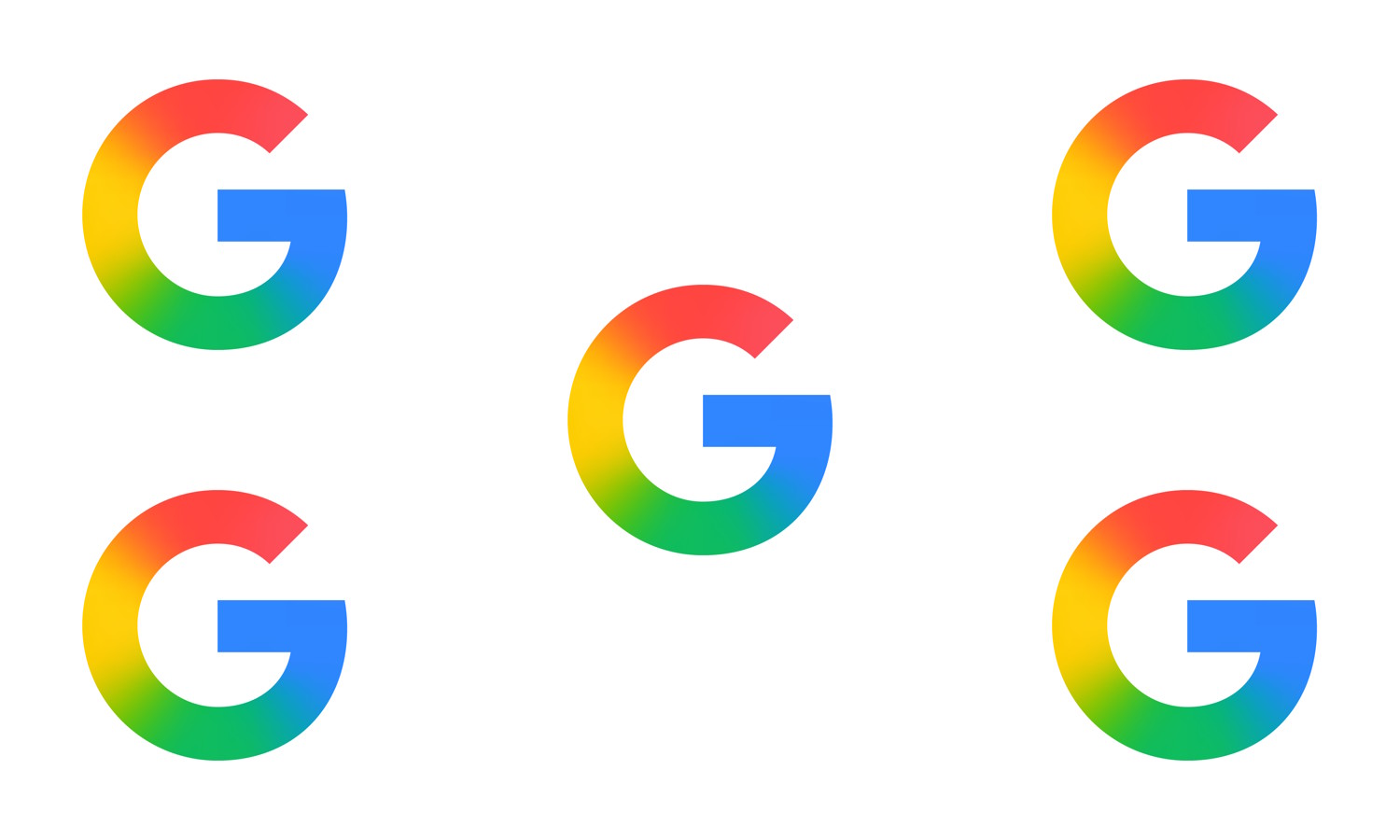
Paint the whole world with a rainbow: Google rolls out new icon design
The Google logo is iconic -- as, indeed, are its icons. Every so often, though, there is an update, a refresh… normally to great fanfare.
But this time around things are a little different. Google has very quietly rolled out a new icon for its search app and has made no fuss about it at all. All of the familiar design aspects are present, but now there is a rainbow gradient.
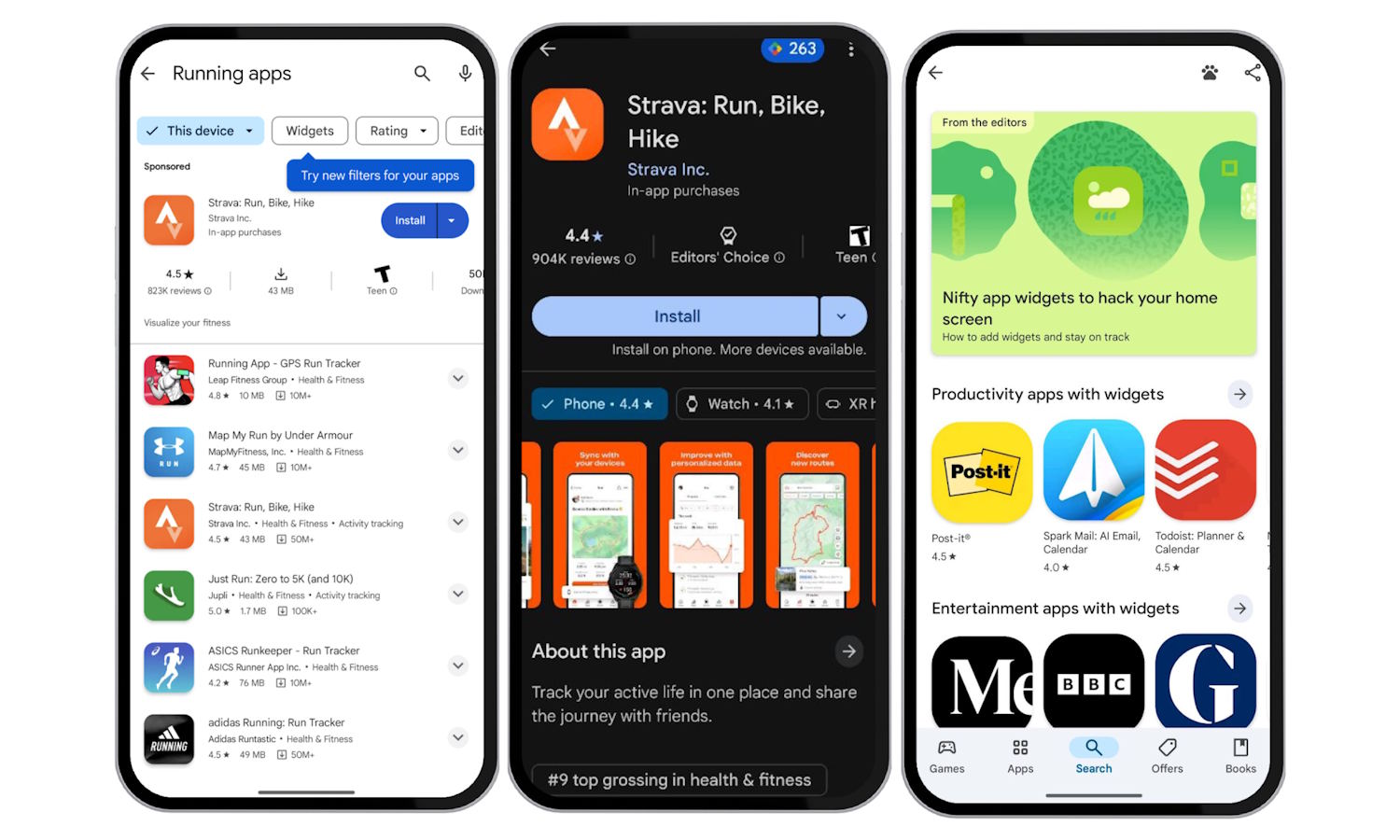
Google makes it easier to find apps with widgets
A well-designed widget can really enhance an app, helping to make it even more useful; equally, a crappy widget (or a lack of widgets) can completely ruin an otherwise perfect app. Widgets are important, and Google is finally recognizing that fact.
The company is making it easier to find Android apps that include widgets. As well as introducing a new badge to highlight widget-wielding apps in Google Play, Google is also adding the option to search specifically for apps with widgets. But it doesn't end there.
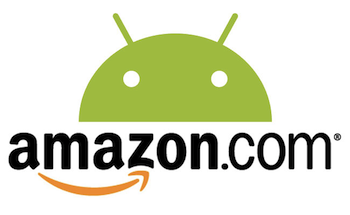
Amazon kills its Android Appstore while Google Play remains the go-to choice
Amazon has announced that is finally pulling the plug on its Android Appstore, and that’s not all -- Amazon Coins are going down with it too. From August 20, 2025, Amazon says the Appstore on Android devices will be no more. That means no new downloads, no updates, and good luck expecting your existing apps to keep working. If you’re still relying on it, now’s the time to move on.
If you have subscriptions through the Appstore you will be able to manage or cancel them for now, but once the shutdown happens, it’s all over. That said, Amazon isn’t shutting down the Appstore entirely. It will still exist on Fire TV and Fire tablets, which makes sense since those are Amazon’s own products. But if you’re using a regular Android phone or tablet? Sorry, you’re out of luck.
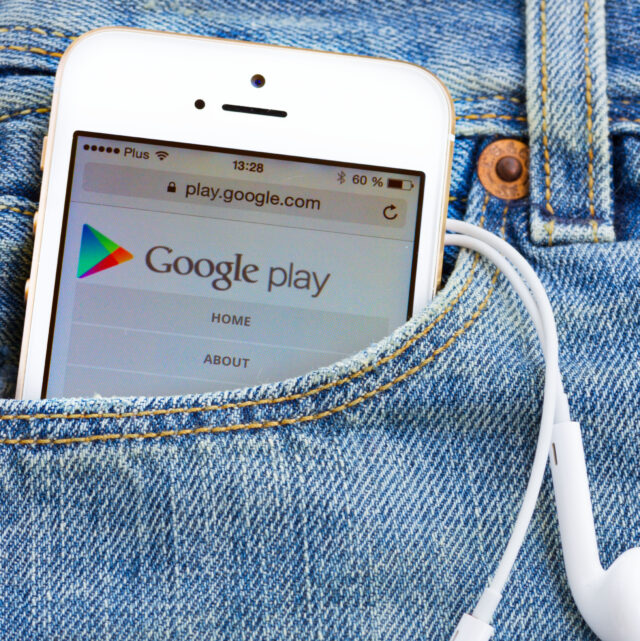
Google makes buying books easier for Play Books users on Apple iPhone
If you’re the type of person who loves to dive into a good book, Google has just made things simpler for you on your iPhone (and iPad). Historically, Play Books has been great for reading ebooks and audiobooks, but buying them on iOS was less than ideal. That’s changing now.
Google has introduced a new “Get Book” feature in the Play Books iOS app, which now directly navigates you to the Google Play website for a seamless purchase. Gone are the days of navigating through confusing mazes; just tap, buy, and start your reading without distractions.

Google is making it easier to find a safe and reliable VPN
Take a browse through an app store and you will find that there is no shortage of VPN tools to choose from. But which can you trust?
One of the reasons for using a VPN in the first place is to help keep data safe -- but some tools leak information in ways that run completely counter to this. So how do you know which one you should be using? Google has come up with a new way to help guide users towards the safest options,

Google removes Kaspersky apps from its store
Google has unceremoniously evicted Kaspersky’s apps from the Play Store. While the Russian security firm insists that the removal is temporary, it comes after the company’s software was banded from being sold in the US.
The move not only means that it is no longer possible to download Kaspersky apps from Google store, but also that existing users are unable to obtain updates. Google did announce the removals ahead of time.
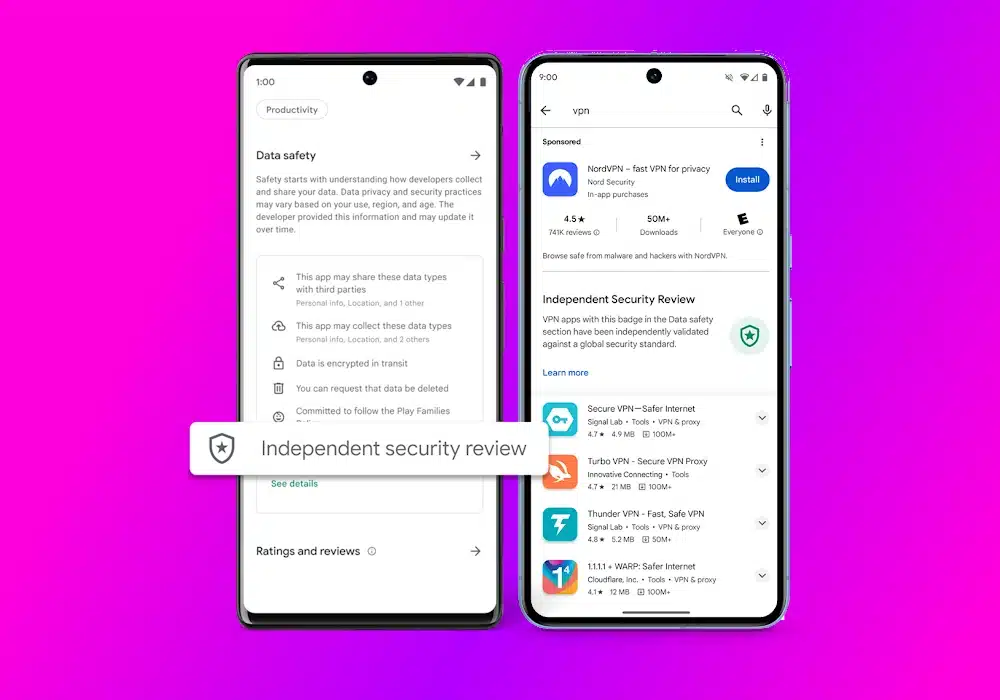
Google has a quixotic plan to make it easier to choose a safe and reliable VPN
If you're in the market for a VPN, you're not short of choice. In fact the sheer number of VPN apps out there can be quite overwhelming, and it's a situation that is hardly improved by the existence of a seemingly endless number of fake tools.
So Google has come up with something of a solution -- albeit one that is only going to be of help to Android users. The company is looking to make Google Play a safer place to inhabit, and as part of this it is going to be highlighting VPN apps that have been independently audited so users know they can be trusted. The likes of NordVPN, Express VPN and Google's own Google One are among the first to get the seal of approval.
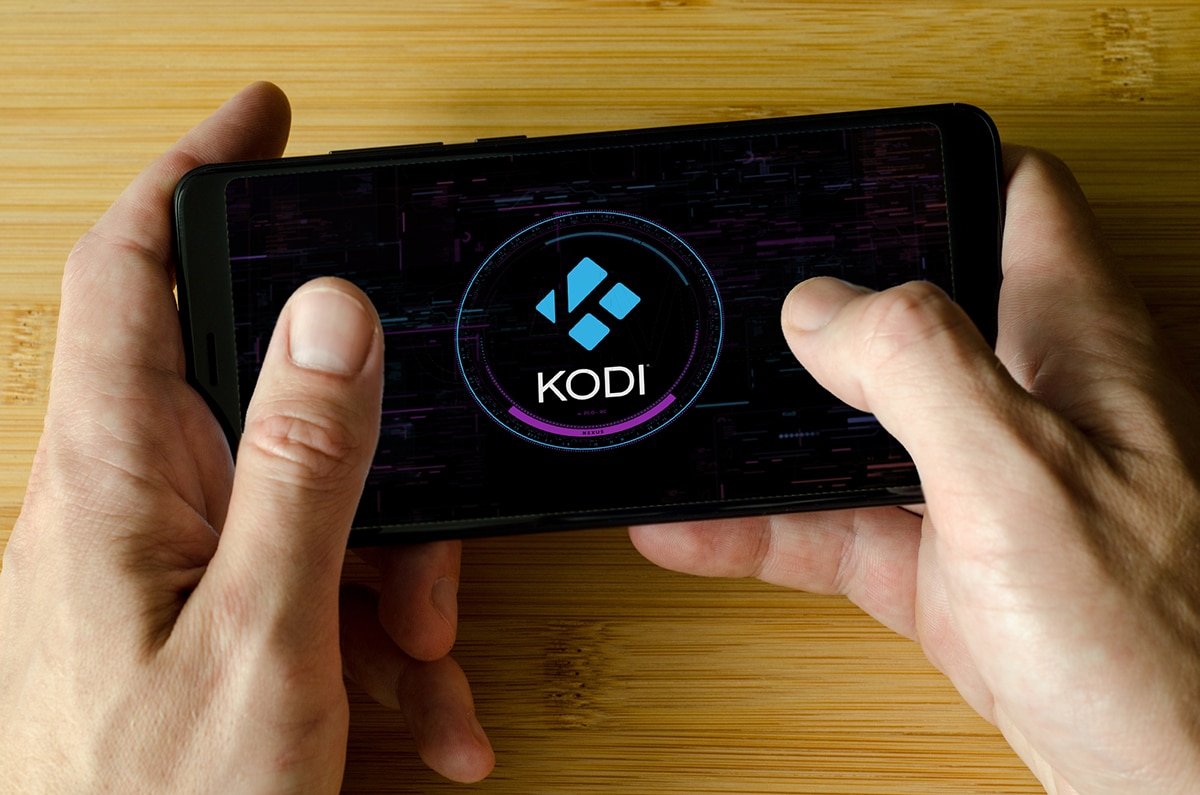
Running Kodi 20 'Nexus' on Android? You need to make this important change to access your content
Kodi 20 'Nexus' is the highly anticipated next version of the hugely popular cross-platform home theater software. The team behind it has just released a new update, and warns of a problem for anyone running the software on Android 11+.
The issue will be of concern to anyone using USB storage for their media.
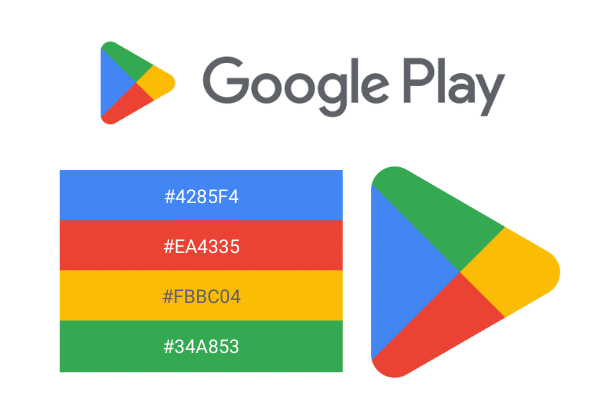
Google Play gets redesigned logo to commemorate its 10th birthday
Do you want to feel old? Google Play launched in 2012! In other words, Google's digital store has now existed for a decade. Google Play has become a centralized digital store for both software and media, including mobile apps, games, books, television shows, and movies.
Is Google Play a good store, though? That is debatable. While it is has plenty of quality offerings, it is polluted with low-quality apps and games too. Even worse, some of the software downloads are designed by nefarious developers looking to trick and defraud unsuspecting users. Yes, Google Play actually contains some malware. Sadly, Google's digital store just isn't as safe as Apple's superior App Store.
Excess permissions put Android app users' data at risk
Over a third of the 1,020 most-downloaded Android apps on the Google Play store request access to a user's camera -- despite no obvious benefit for user experience and potentially placing sensitive data at risk.
Research from CyberNews also shows one in three apps request access to track a user's precise, or approximate, location. Excluding those that require such access to function, such as weather or navigation, applications attempting invasive access included gaming and even wallpaper, which appear to have no legitimate reason to track location data.
